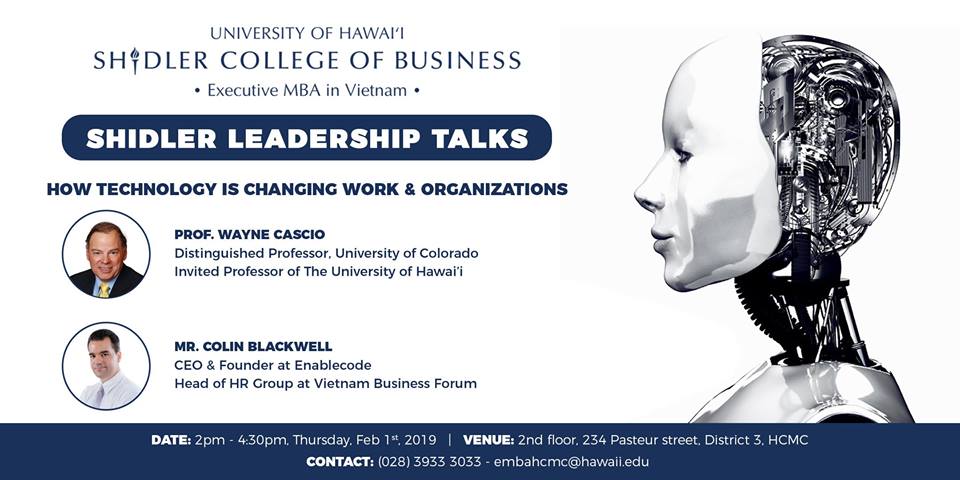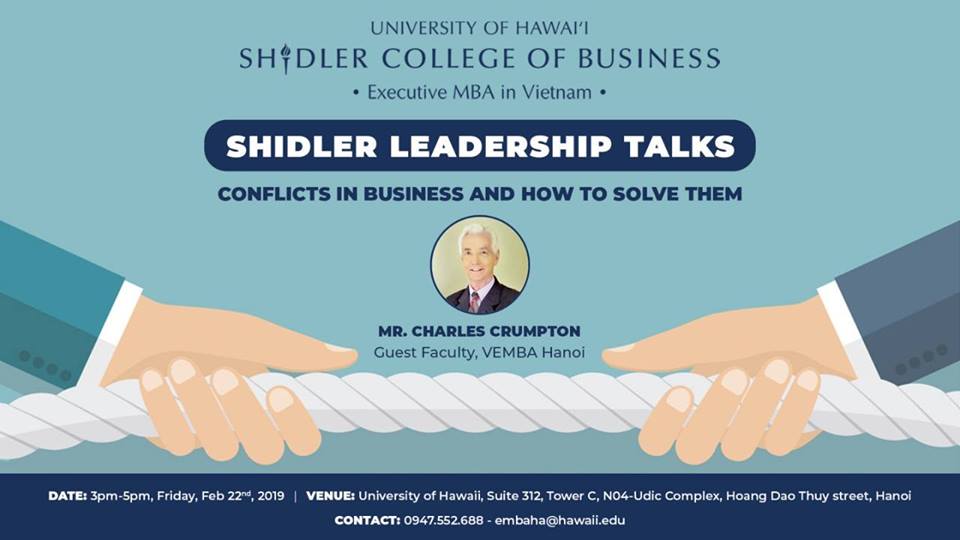Education: EdTech - From Virtual Reality To Artificial Intelligence, B-Schools Embrace Digital Innovation
Schools explore eccentric tech tools such as Second Life and robotics

HBX beams professors from a state-of-the-art TV studio to learners’ screens
Imagine if you attended your next finance class in a virtual reality through 3D goggles. Or if you networked with alumni through an avatar of your likeness projected onto your laptop. Or if your strategy professor beamed live feedback to your tablet device during a heated case study.
Some of these innovations may seem outlandish to MBAs who have spent their semesters learning around bricks rather than clicks. But as the world’s top business schools begin to harness the power of innovation, such whizzy technologies are closer to becoming a reality. “There is a lot innovation happening,” says Fernando Contreras, associate director for extended learning at Stanford’s Graduate School of Business. “Where is online learning going? Every business school is trying to figure that out,” he says.
Top schools are investing heavily in in-house learning technologies and some are competing with the likes of Coursera, edX or Udacity, the tech groups that are trying to steal their lunch, amid an explosion of online learning. As an example Stanford’s business school is an early pioneer in virtual reality — a topic trumped as the next big thing in consumer technology, which is breaking into education as schools take inspiration from the likes of Oculus, Samsung and Google.
“This wave [of attention] is giving people optimism of how it can be used in education through things like Oculus Rift,” says Fernando. “For us the question is, what will the impact be on education? Will it help build community in a way that video conferencing hasn’t?”. The answers to these questions remain a mystery. But they have the world’s leading educators examining dozens of innovations and asking, should I buy them, copy them or collaborate?
“We are always looking a few years down the road to see what technology is coming to market,” says Patrick Mullane, executive director of HBX, Harvard Business School’s online learning initiative, whose tech beams professors from a state-of-the-art TV studio to learners’ screens. “We’re creating a real classroom — virtually,” he says.
While most Ivy League institutions are enthusiastic about using digital to enhance education, many others are held back by the capital and other costs involved in bringing their lectures to life. Anne Trumbore, director of Wharton Online, the elite business school’s digital initiative, says that as virtual reality technologies improve and become more accessible, they will make the on-campus experience more robust. “It’s one experience to read a case study, and another to virtually live it,” she says.
One method has been to pair up with the disruptors. Working with tech start-ups can be a challenge for century-old universities. But they recognize the need. “We did not want to find ourselves left behind,” says Michael Koenig, senior assistant dean for degree programs at the Darden School of Business, one of the first to partner with Coursera, the Silicon Valley edtech company. Now, the school has more than one million online learners and it brings in net revenue from Moocs. “We are finding sustainable models,” Michael says.
Edx has been among the most aggressive challengers. Yet Anant Agarwal, its CEO and professor at MIT, believes online learning is just getting started. “New avenues and associated credentials will continue to open up,” he says. When Moocs burst onto the scene, companies were sceptical. Now, they are accepted by employers from Accenture and Amazon to Google and Goldman Sachs. “Companies are re-examining their hiring practices,” Anant says.
The trend for business schools to surf the tech wave started years ago. NYU Stern and the Mendoza College of Business were among those to pioneer the use of iPads in MBA programs. “Tablet devices can significantly improve the learning experience,” says James Henderson, the IMD professor of strategy responsible for innovation. For example, participants can annotate while listening to presentations, or take pictures of whiteboard discussions to review later, or search more easily for information on companies.
“We’ve also experimented with a tablet device on a Segway called Double Robotics — allowing participants who cannot come to the session be part of the learning, remotely,” James says. “The future is clearly very exciting in this space.”
But now schools are exploring eccentric tech tools such as Second Life and artificial intelligence. “As we move into AI and robotics, we have to experiment,” says Robin Teigland, a professor at the Stockholm School of Economics, which, along with Duke Corporate Education, has explored Second Life, the three-dimensional online world. “Instead of talking about virtual teams, we could practice being virtual teams. It brought the learning to life,” she says.
Most students have taken to tech like ducks to water, schools say. It’s convincing faculty that takes some elbow grease. “You have to get used to a different dynamic in the room — with many people looking down at screens,” says Roger Delves, dean of qualifications at Ashridge Business School, who “flipped” its MBA online.
Yet he knows that business schools must innovate. “We need to keep on looking for the best applications. Five years ago they were just a place you put your PowerPoint presentations. But [today] they are so much more,” he says.
Peter Zemsky, dean for strategic initiatives and innovation at INSEAD, says his colleagues are keen to experiment with new digital approaches. “Being a leader in digital management education is increasingly important,” he says.
However, he believes the future of business education will be hybrid: “Consider the music and entertainment sector, which has been experiencing profound digital disruption for over 15 years. Even there, concerts and live shows remain important,” he says.
Source: Business Because
Author: Seb Murray| MBA Distance Learning | Sunday 14th February 2016 23:59:00 GMT




